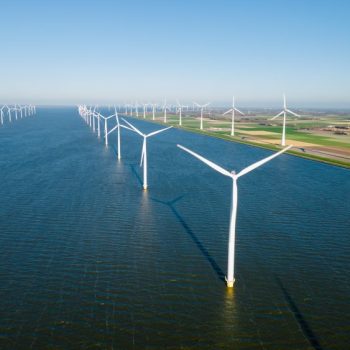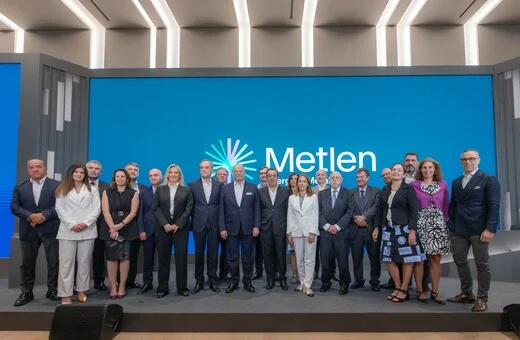
The topics surrounding environmental, social and corporate governance (ESG) are receiving substantial interest currently, as important factors in decision-making for businesses and governments alike.
I was fortunate to contribute to ADSW and Masdar’s recent ESG report, which surveyed 525 executives across the globe to find out how business attitudes to ESG are evolving. I was also privileged to participate in the ADSW Web Series: Beyond the Tipping Point, to join other executives in discussing the benefits and challenges in adopting more ESG principles and practices.
Overall, I am glad that my own optimism on the increasing adoption of ESG values are broadly reflected by the vast majority of the respondents.
My main takeaway from the report is that 85% of respondents see the COVID-19 pandemic as a wake-up call on sustainability. This is a fantastic result on the face of it. But the downside is that it has taken a global pandemic for this realization to occur. I am hopeful that this momentum will be maintained, or better yet accelerated, to make real and lasting differences, and that this enthusiasm is not lost as the pandemic abates.
Promisingly, 65% of businesses expect to realize financial benefits from ESG investment within the next two years. This rises to 84% when the horizon changes to 5 years. We are witnessing this reality as customers, partners, investors, and finance providers, increasingly require demonstrable ESG criteria to secure financing and backing.
The energy transition and the achievement of global decarbonization targets can only be successful if sustainable financing is available to developing economies. We need a policy that shapes the transition and sets the right incentives, as the right policies will foster development of new technologies, encourage finance, make partnership possible.
We are also seeing this greater focus on ESG throughout society, from interns to board members. According to the report, 72% of respondents would be more likely to apply for a job at a company with strong ESG credentials, and 52% would take a pay cut to move to such a company. 80% of C-suite leaders say that a business’s ESG credentials would influence their willingness to work for it.
Highlighting our commitment to ESG, our group CEO has the role of chief sustainability officer, and our group CFO has the role of chief diversity and inclusion officer. We want to lead from the top and set the example, we want every member of Siemens Energy to have strong ESG values. We want to attract the best talent, and the competition is growing. People want to work for companies which make a positive impact on their communicates, their environment and society in general.
This upswell of demand for ESG accountability is forcing us all to adapt.

At Siemens Energy, we’re working hard to live up to our goals of being the most valued energy company and a leader in the energy transition. ESG values were baked into our company, which was only formed in September last year. We’re making great progress, but there’s much more we can do and will do. We are all on the energy transition journey, and we’re all at different stages, but none of us have reached the end yet. Collaboration will get us all there sooner.
You could find the full report Here and more about this article Here
Dietmar Siersdorfer, Middle East and UAE Managing Director at Siemens Energy
You could read more about ESG World Here, about Blue Green World Here, about Publishing World News Here, about You read, we publish Here













